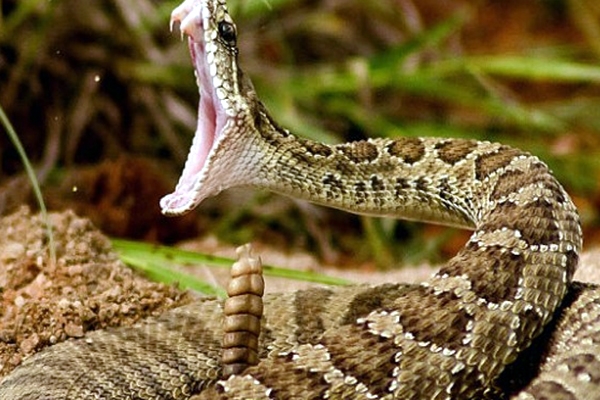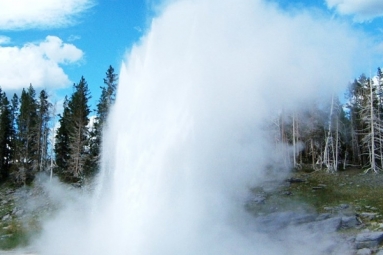
The number of snake bite incidents in North Carolina has increased nearly fourfold in April over the same period in 2016, and officials blame the mild winter.
The Poison Control Center said that it received 71 calls about snake bites in April compared to 19 calls in April 2016.
Copperheads, cottonmouths, rattlesnakes and the coral snake are the venomous species native to North Carolina.
The medical director of the Carolinas Poison Control Center, Dr. Michael Beuhler said: "Their camouflage is really quite remarkable. “You can get very close to a copperhead and not know it's there. People were really minding their own business," he added.
Dr. Beuhler said that 90% of the venomous snake bites reported to the center are from copperheads.
The officials are expecting more than 500 calls about snake bite this year. The center suggests, people should not put their hands where they cannot see where they are going. People should carry a flashlight at night and do not try to kill or capture a snake.
People are also suggested to check boots and shoes left in the garage or outside before putting them on. If people spot a snake, they must back away slowly because they snake can bite when they feel threatened.
If bitten by a snake, call Poison Center at 1-800-222-1222.
Do Not do these things if bitten by a snake:
- Cut the bitten area and suck the venom out. This can cause infection.
- Ice the area. Icing causes additional tissue damage.
- Apply a tourniquet or tight bandage. It's better for the venom to flow through the body.
- Attempt to catch or kill the snake. You might get bitten again.
North Carolina residents can order a free snake prevention pack from Carolinas Poison Center by visiting NCPoisonCenter.org and clicking on “Shop Education Materials.”
AMandeep



















